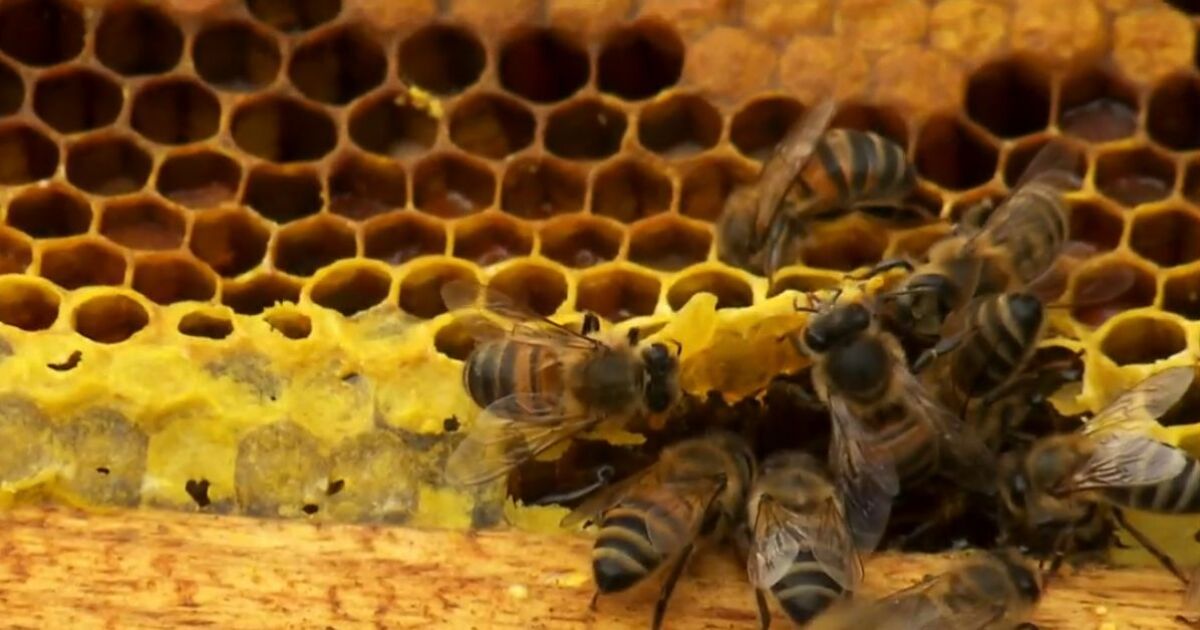
Every May 20, World Bee Day is celebrated. Experts insist on conserving and protecting the more than 20 thousand species of these insects that exist in the world, responsible not only for producing honey, but for maintaining an important balance in the ecosystem.
It is estimated that there are more than 1000 species of bees in Colombia
These wonderful pollinators are crucial to the growth of trees, flowers and other plants that serve as food and shelter for animals of all sizes.
Additionally, it is predicted that at least 30% of the food we eat and 80% of flowering plants depend on bees, according to the World Wide Fund for Nature (WWF). They are essential for pollinating our crops and for cultivated plants to provide fruits and seeds.
“Pollination is the way in which plants fertilize themselves and produce seeds that give rise to the next generation. And this biological phenomenon arises from a relationship with these insects, so that the bees depend on the pollen and nectar of the flowers to survive, and this next generation, in many cases, will only occur with the presence of these bees. That is why pollination is so important for the maintenance of forests and the genetic wealth and diversity of natural areas,” explained Alejandro Parra, biologist.
>>> Africanized bees: These are all the details you should keep in mind for their care
What would happen if bees cease to exist?
The loss of habitat, the use of pesticides, the appearance of pests and the increase in temperatures associated with climate change threaten the existence of these pollinators.
“Bees are facing different problems, problems due to the loss of habitat and also problems due to the use of agrochemicals in the same crops in which they seek to increase food production. That is why it is necessary to adopt strategies not only from legislation, but also from research,” said André J. Riveros, researcher at the faculty of natural sciences at the Universidad del Rosario.
Without pollinators like bees, both food security and many other ecosystem services would be at risk. Without these small animals, so fundamental for pollination, the entire system risks collapsing, according to the WWF.
Although it is difficult to predict an exact time frame for the long-term consequences, it is clear that life on Earth would be severely affected without bees. The food chain would be destabilized and, with it, human food security and the health of natural habitats.
According to experts from the University of Chihuahua, in Mexico, “Without bees, in approximately 5 years the planet would be lifeless.”
>>> This is how flies carry out the pollination process in cocoa cultivation
Source: https://www.noticiascaracol.com/mundo/dia-mundial-de-las-abejas-cuanto-tiempo-duraria-el-mundo-sin-esta-especie-so35


